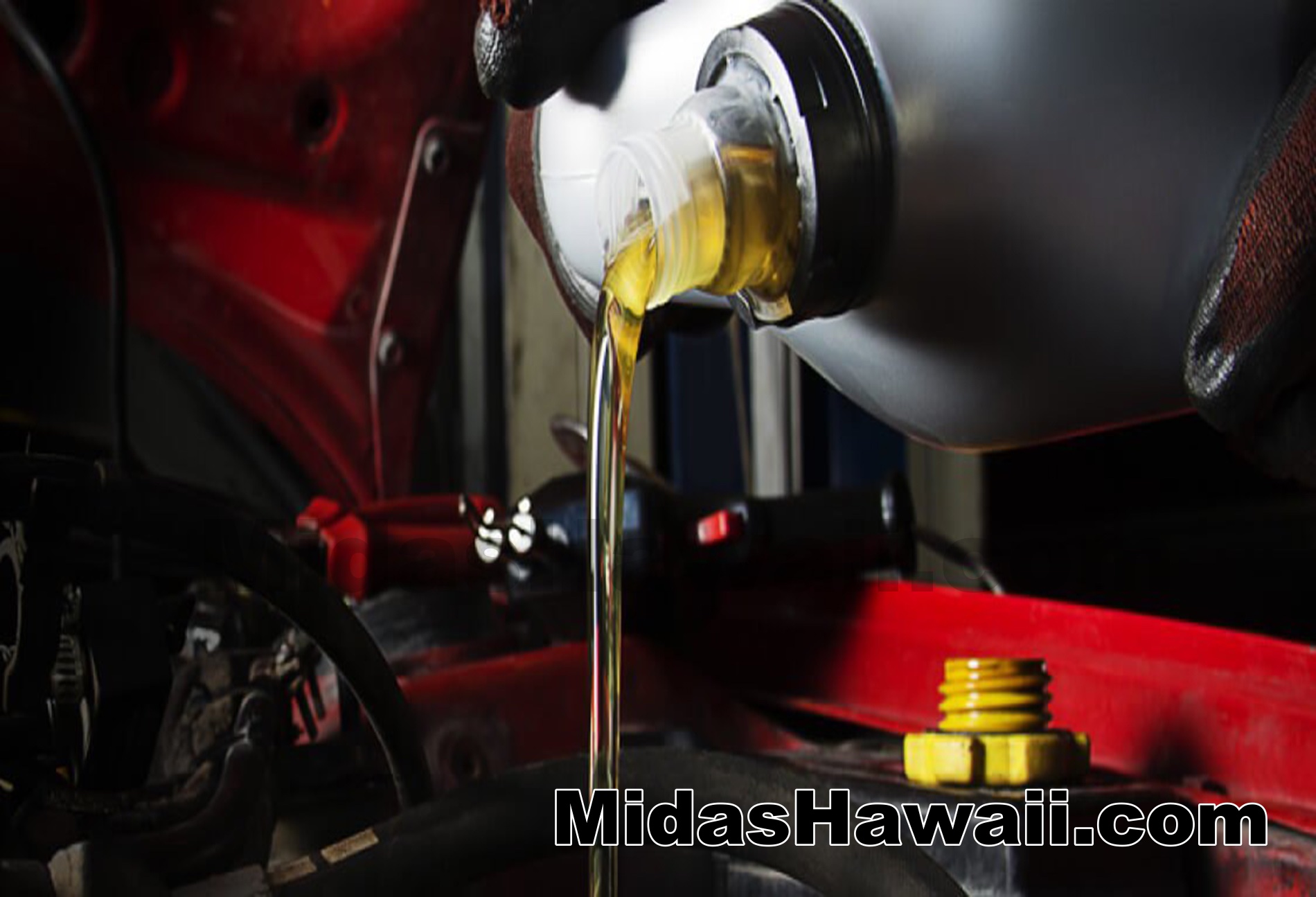Synthetic Vs Conventional Oil
- Tweet
Back to the top
FAQ LEGEND
Back to the top
Synthetic vs. Conventional Oil Questions
A. Synthetic motor oil is derived from man-made ingredients, while conventional motor oil is derived from crude oil. Thanks to these man-made ingredients, synthetic oils are purer than conventional oils. They're also considerably more uniform in molecular structure than conventional oils. That's why synthetic oils lubricate vehicle engines more smoothly and last longer than conventional oils. Synthetic oil may prolong your engine life -- and it's easier on the environment than regular oil.
A. Here are five reasons synthetic oil is better for your car (and the environment) than conventional oil:
- Longer oil life: The typical newer car has an oil change interval of 7,500 miles partially based on the assumption that full synthetic or synthetic blend oil will be used.
- Stability at extreme temperatures: Synthetic oil helps your engine stay cooler in hot weather and start more easily in cold weather.
- Fuel efficiency: By reducing engine friction, synthetic oil helps you get the best mileage out of your vehicle.
- Better for your engine: Synthetic oil provides improved lubrication for engine parts and less sludge buildup, thanks to its chemical purity and molecular consistency.
- Better for our planet: In addition to boosting gas mileage, synthetic oil helps reduce emissions and oil burn-off every mile you drive. And the longer time between oil changes means less oil (and packaging!) is used and recycled.
But don't take our word for it. In a 2017 study, AAA found1 that synthetic engine oils performed an average of 47 percent better than conventional oils in a variety of industry-standard tests. According to John Nielsen, AAA's managing director of Automotive Engineering and Repair: "With its superior resistance to deterioration, AAA's findings indicate that synthetic oil is particularly beneficial to newer vehicles with turbocharged engines and for vehicles that frequently drive in stop-and-go traffic, tow heavy loads or operate in extreme hot or cold conditions."
A. AAA recommends switching to synthetic oil especially for turbocharged engines, and for vehicles driven in "severe" conditions like hot summers, cold winters, towing, and stop-and-go driving.
Related:
A. You can freely switch between synthetic oil and conventional oil as long as you always use oil that meets or exceeds the standard your vehicle's manufacturer recommends.
A. It's OK to mix synthetic oil with conventional oil, as long as each oil meets the specifications in your owner's manual. (And very few vehicles require exclusively conventional or full synthetic oil.) For example, if your car needs oil between changes -- but the oil you have handy is different from your last oil change -- go ahead and top off. Just remember you won't be getting the full benefits of synthetic oil if you mix in some regular oil.
A. Synthetic oil changes last longer than conventional oil changes -- but you should not exceed your vehicle's recommended oil change frequency. The longer oil change intervals of modern cars assume you'll be using the synthetic blend or full synthetic oil the manual specifies. So, check your vehicle's manual for both oil type and how often to change oil. Those two specifications work together!
With synthetic oil, automakers usually recommend changing the oil every 5,000 to 7,500 miles, and some models are designed to go 10,000 to even 15,000 miles between oil changes. No longer putting those miles on your car? Follow your manual's time interval instead. And heed your oil change reminder if it triggers in the meantime. It likely takes your specific driving conditions into account.
ref no:34687
Please send questions about this website to webmaster
Terms of Use / Legal Disclaimer / Privacy Statement
Site Designed and Managed by MacBusiness Consulting

